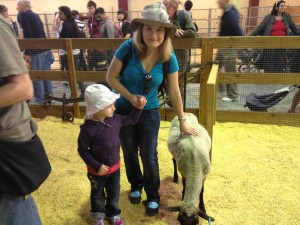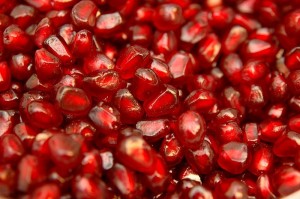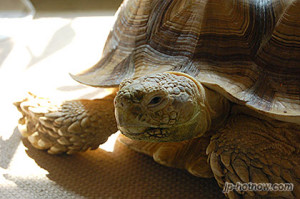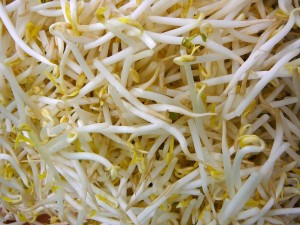Up to 100 British tourists have fallen ill after a sickness bug swept through an Egyptian holiday resort.
Several were still on intravenous drips in their hotel rooms last night at the four-star Coral Sea Waterworld complex.
 Angry holidaymakers blamed the virulent bug on dirty buffet food containers, utensils and tables and poor hygiene.
Angry holidaymakers blamed the virulent bug on dirty buffet food containers, utensils and tables and poor hygiene.
It has spread so fast that resort bosses have had to draft in extra doctors to cope with the sickness outbreak.
Legal firm Simpson Millar, acting for holidaymakers staying at the hotel, say they have already had 50 cases of illness reported to them in the last 24 hours alone.
Lawyer Nick Harris said: “I have been inundated with people contacting me about ruined holidays. Some of the reports I have heard are horrific.
“Bedridden families with intravenous drips in their arms and taking it in turns to be sick and use the toilet. We strongly suspect it’s a bacterial poisoning. It looks like up to 100 Brits are affected.
“They have spent the majority of their stay confined to their bedrooms and many of them on IV drips”.
Staff have been kitted out with latex gloves and hand sanitisers to try and stem the spread of infection.
Victims have been diagnosed with Shigella – a bug commonly associated with food poisoning and poor hygiene.
It is closely related to salmonella, which doctors in the resort have also been testing for.
Angry tourists have posting about their ordeal on travel site TripAdvisor.








